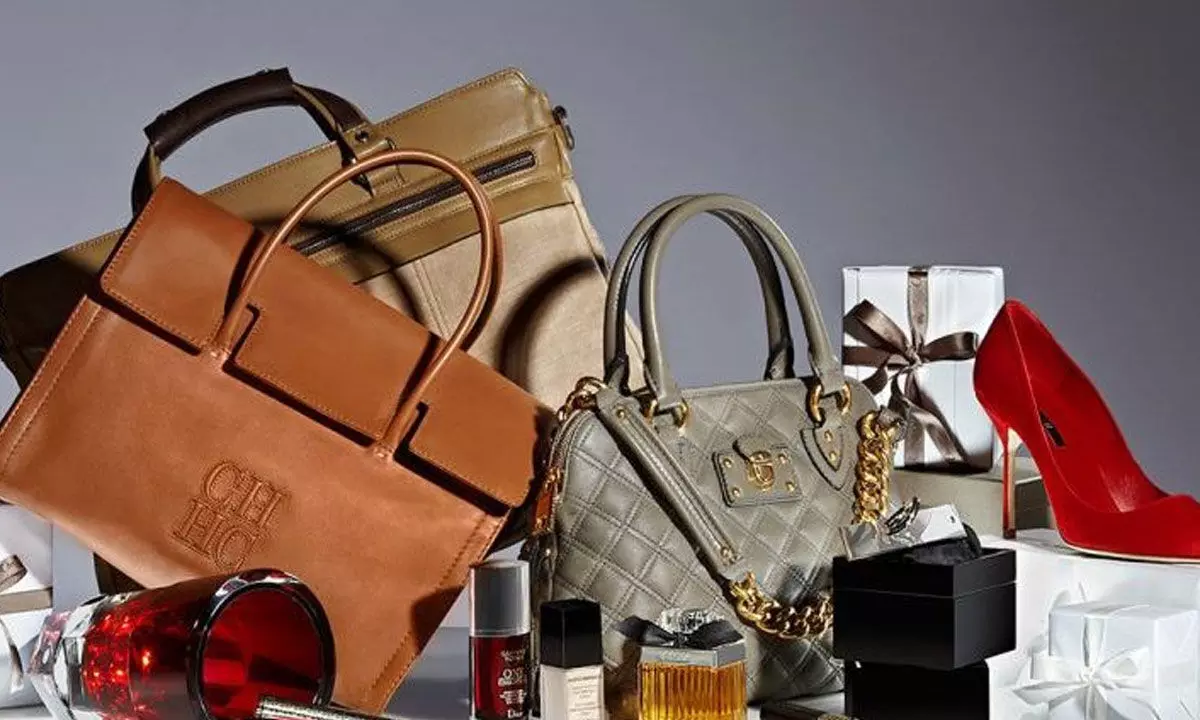How millennials are rewriting the future of luxury market
Millennials are digitally fluent and have new expectations for what a luxury brand should deliver, especially in terms of omnichannel experience
image for illustrative purpose

Millennials, also known as Generation Y, are one of the most talked-about generations in current business literature. Millennials make up one of the largest and fastest-growing segments of the luxury consumer base today.
Beyond an age group, Millennials' characteristics are what make this consumer segment such an important group for luxury brands. The Millennial generation has grown up in the age of Internet and mobile technologies. Millennials are digitally fluent and have new expectations for what a luxury brand should deliver, especially in terms of omnichannel experience.
Bain & Company predicts that Millennials and Gen Z will account for nearly half of the total luxury goods sales by 2025, bringing the value of the global luxury industry to €290 billion ($356 billion).
The stakes are high for luxury brands which need to transform their traditional business model to accommodate the values and expectations of this younger affluent generation. As Millennials enter their prime spending years, luxury brands need to understand how Millennials think and shop differently from the previous generations if they want to remain relevant.
Millennial-savvy and digitally-nimble brands are the ones that will win in the business of luxury.
The luxury industry has entered a "new normal," characterized by lower growth. To succeed in the next decade, brands will need to refocus on their customers to better anticipate and cater to their needs.
Today, 70 per cent of luxury purchases are influenced by online interactions, which means at least one digital interaction has taken place with the brand or the product before those purchases.
According to research 14 per cent of consumers from the ages 18 to 24 complete their first luxury purchase online. Digital traffic to websites of luxury brands is double the amount of store visits. By 2025, online and monobrand stores will become the two largest channels for luxury sales, each accounting for 25 per cent.
Bain & Company believes that stores will continue to play a critical role in the luxury market, with 75 per cent of purchases still occurring in a physical location by 2025.
By the year 2035, millennials will be the largest spending generation in history, making them particularly enticing to any person or business marketing a product. Particularly as millennials grow into more financial security (older millennials), they have more disposable income for life's luxuries. International luxury brands that work with powerful millennial influencers and have forward thinking and authentic campaigns will be the ones that will reach these millennials. For a millennial, there's nothing worse than a company trying too hard for their attention – it has to be natural, authentic and ingrained in the ethos of the brand. With the powerful tools of social media and the internet, it is very difficult to pull the wool over the consumers eyes therefore companies that are transparent with their supply chain and working standards are gaining the trust of these young consumers.
Growing up with environmental and social issues such as climate change, exploitation of workers in developing countries and pollution from textile waste have all contributed to the way millennials consume goods. 'Sustainability' and 'ethical' are words influencing both consumer and brand, as a trend towards concious purchases continues to emerge. Organic fabrics, fair-trade certifications, responsible supply chains and locally produced goods are more than the product, as is a luxury good. It is also about experience, perceptions and aligning with the emotional need to be a decent human. Some luxury companies are awake to the wants and needs of this group, catering to this demographic and creating a brand culture that aligns with millennial values.
The millennial buyer follows a different set of rules when spending their money than the generations before them. They use the tools of their generation, especially the internet, to research products before committing to major purchases. Millennials are influenced by peer reviews, online forums and the integrity of a product and the company before committing to a purchase. They want products that support a cause, choosing brands that align with their moral and ethical beliefs. Additionally, millennials are vocal, sharing with their peers and essentially the world their opinions of product performance, customer service and overall assessment of the brand or product, made easy by social media and online forums.
Post-millennials or Gen Z, are now coming to be a consumer force all of their own. This group grew up with the internet – for them there isn't a time in their lives when the internet didn't exist. They are incredibly savvy and ready to hustle for luxuries, on selling, building social media audiences to the size where luxury brands are making money off their endorsements, in some cases even collaborating with these young influencers for marketing campaigns.

